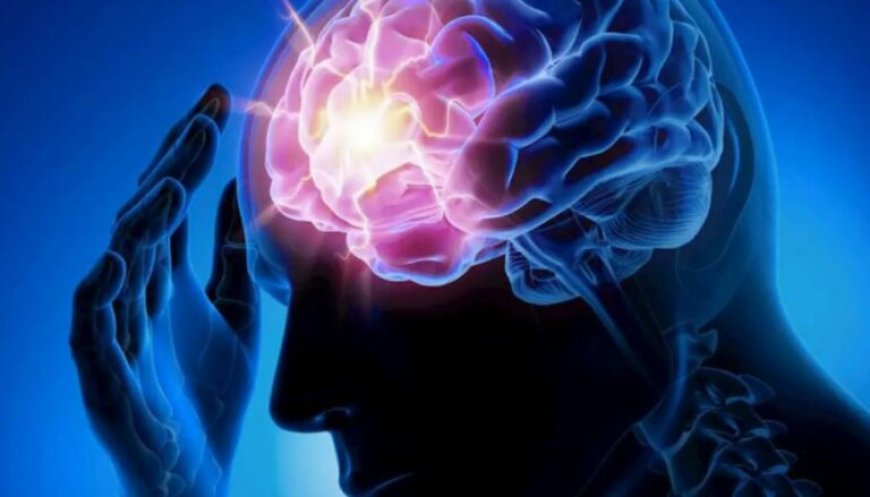Breaking the Stigma, Understanding Epilepsy

By Robert Mutasi
Today marks World Epilepsy Day, and it's high time the world learned something about one of the most widespread but least talked-about neurological ailments known as epilepsy, which cripples millions globally.
It's an illness whose symptoms manifest as seizures that get repeated from time to time; however, mythology and misconception also tend to take people into blindness and discriminate against those suffering.
A Global Outlook on Epilepsy
By the World Health Organization, WHO, epilepsy is rated among the most common neurological conditions, afflicting almost 50 million people in the world.
Shockingly so frequent, very little awareness and just because of it, there's misinformation, stigmatization, and stigma attached. The most important feature of epilepsy awareness, however is probably myth-busting.
This is the notion that epilepsy is contagious, a notion that traditionally has stood between epilepsy and social acceptance. Epilepsy can affect anyone, anytime, and regardless of lifestyle or genetics.
This too, is an important fact. Although it is a chronic condition, about 70% of the patients are able to control epilepsy with the appropriate anticonvulsant medication.
Denial of access to the medication puts tens of millions at risk of unnecessary complications in the majority of developing countries.
Kenyan Epilepsy: The Struggle for Access and Information
Epilepsy is a major health problem, with about a million Kenyans affected by the condition. Unfortunately, most of those living with epilepsy have miserable lives contributed by limited access to healthcare and social stigma.
To the rural folk, it is still held that epilepsy is a spiritual affliction or curse and thus results in withdrawal and stigmatization of the afflicted.
This is a shared problem in Kenya, where all the trained neurologists and epileptologists are concentrated in big towns like Nairobi and Mombasa.
As such, many people from rural areas hardly get the right diagnosis and treatment. Some of the patients are even compelled to discontinue the treatment totally since anti-seizure medication is still unaffordable to the majority of the families.
However, healthcare organizations and advocacy groups are managing to change the perception. At the forefront of the awareness drives and providing the communities with affected people medical care, support, and education is the Kenya Association for the Welfare of People with Epilepsy, KAWE.
Also, initiatives at informing the public about first aid for a seizure and the reality of living with epilepsy are helping make schools and workplaces more accommodating.
Changing Lives with Knowledge and Assistance
Epileptic patients can surely be benefited if the diagnosis and treatment start early in life.
Epileptics can definitely lead a normal, productive life if medical care, support groups, and education are provided. World Epilepsy Day initiatives are therefore crucial in breaking myths and promoting acceptability in society.
More importantly, the communities have to visibly be acquiring knowledge in engaging with and promoting the rights of people living with epilepsy.
If someone is having a seizure, importantly, one must be calm and roll them onto their side and keep objects clear so they won't get injured, never put anything in their mouth. It is such simple awareness that accommodates an environment for the survival of lives.
Forward Look: The Urgent Plea
Let us pledge this World Epilepsy Day to removing epilepsy from being one of the factors leading to deprivations in education, opportunity, and dignity.
It is now time for the governments, NGOs, and medical fraternity to come forward together in offering a supply of medications, meeting the growing needs with increased infrastructure, and promoting policies that address epileptics and their rights.
Awareness, empathy, and a step towards deletion of this stigma. Let awareness begin, acceptance be there; let no person suffer epilepsy ever alone.
What's Your Reaction?


































































































































































































































































































